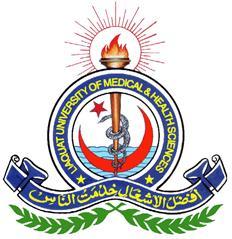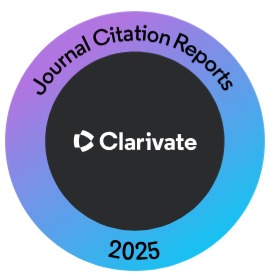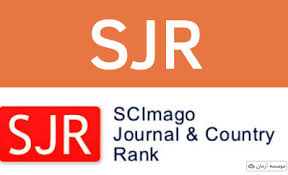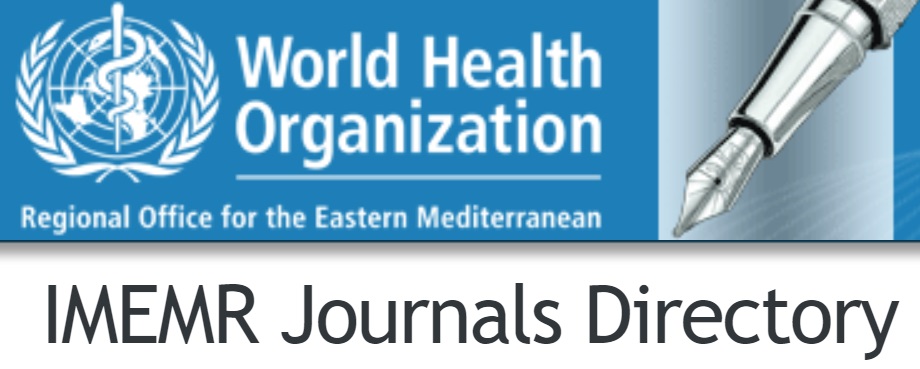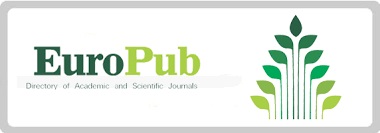Response of H. Pylori Eradication Treatment in Patients with Normal and Below Normal Serum Vitamin D Levels
Abstract
OBJECTIVE: To determine the response of H. pylori eradication treatment in patients with normal and below normal serum vitamin D levels at medical wards of Liaquat University Hospital, Jamshoro.
METHODOLOGY: This retrospective, self-funded study includes data from 100 patients from March - September 2019. Patient with H. Pylori gastritis were included and exclusion criteria was use of Proton Pump Inhibitors or Vitamin D supplements, and H. Pylori eradication therapy in the past 2?months. H. Pylori was confirmed on serology and stool antigen. Patients were given triple regime eradication therapy and then treatment response was observed by stool antigen. Vitamin D levels were tested and participants divided into Sufficient and Deficient groups. The data was then gathered on a predesigned proforma and analyzed using SPSS version 20.0.
RESULTS: Total 55% patients were female and 45% were male and belongs to 18 to 60 years of age. The eradication was successful in 62% and unsuccessful in 38%. The mean vitamin D level was lower in the eradication failure population compared to the eradication successful population (12.6±4.31 vs 32.75±6.63; P<0.01). Amongst the treatment failure group, 78.9% (30) of patients were deficient in vitamin D, as compared to 12.4% (20) of patients being vitamin D deficient in treatment successful group.
CONCLUSION: Our results demonstrated that vitamin D deficiency is a factor associated with eradication failure of H. pylori infection.
KEYWORDS: Helicobacter pylori, serology, stool antigen, eradication therapy, vitamin D.
Downloads
Published
How to Cite
Issue
Section
License
Submission of a manuscript to the journal implies that all authors have read and agreed to the content of the undertaking form or the Terms and Conditions.
When an article is accepted for publication, the author(s) retain the copyright and are required to grant the publisher the right of first publication and other non-exclusive publishing rights to JLUMHS.
Articles published in the Journal of Liaquat University of Medical & health sciences are open access articles under a Creative Commons Attribution-Noncommercial - Share Alike 4.0 License. This license permits use, distribution and reproduction in any medium; provided the original work is properly cited and initial publication in this journal. This is in accordance with the BOAI definition of open access. In addition to that users are allowed to remix, tweak and build upon the work non-commercially as long as appropriate credit is given and the new creations are licensed under the identical terms. Or, in certain cases it can be stated that all articles and content there in are published under creative commons license unless stated otherwise.


